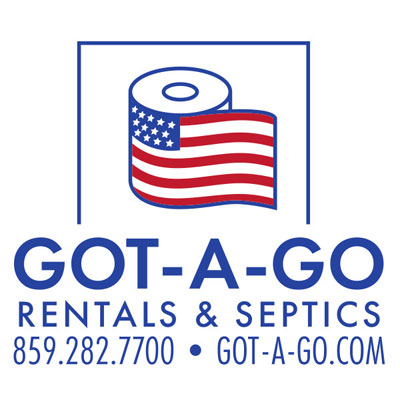The EPA estimates that more than 60 million people in the United States are serviced by a septic system. Whether their septic system was a choice or was a necessity due to lack of a shared sewer system, septic systems provide significant advantages for many who appreciate the environmentally friendly design, durability, and lower costs.
Garbage disposals are popular additions in many kitchens, as they keep kitchens clean from bacteria and food waste out of landfills. A garbage disposal is used to grind food scraps into tiny pieces, making it easier to dispose of and process the waste. But garbage disposals can wreak havoc on your septic system if they are used as a one-stop catch-all for every unused piece of waste in your kitchen.
When you have a garbage disposal, the pieces of food are ground into small pieces and flushed down the drain… and into your septic system. The problems start to occur when homeowners try to dispose of hard to breakdown foods like bones, fruit pits, coffee grounds, or oil and grease. These items add up in your septic tank. And as the sludge accumulates, it takes away from the full capacity of the tank.
Ideally, the septic system’s bacteria and treatments will help to break down the components that are causing the sludge. But as the larger, heavier pieces sink to the bottom more quickly, the bacteria doesn’t have time to do its job. As the amount of sludge grows, not only does it reduce the tank’s full capacity, but it reduces the amount of bacteria that is available to break down the particles, decreasing the efficiency and safety of your septic system.
To avoid costly plumbing or septic system repairs, be sure to install a garbage disposal specifically designed to work with a septic system. Many of these units have additional features that break food particles down even further than normal, making them easier for the bacteria in your system to dissolve.
Most importantly, be sure to know what items are safe to put in the disposal. On a municipal sewer system, that list is considerably longer! But when attached to a septic system, you must be much more selective. The “no-no list” includes coffee grounds, pasta, rice, grease or oil, bones, fruit pits, and stringy vegetables, which can wrap around disposal parts and cause clogs. And of course, never put anything down the drain that is not biodegradable.
Whether you need routine maintenance or need to repair years of septic system abuse, give the professionals at Got-A-Go, Northern Kentucky Septic Pumping, a call today!

